Turkish seasonings – A Touch of Spice
In a little known film set in Istanbul spanning the last century, Turkish seasonings play an important role. In Turkey herbs and spices represent the continuity of history as well as the diversity within cultures. After interviewing my baharatçı, my spice seller Ayhan Baloğlu, I can see why. Born in Gaziantep on the hot dusty plains of south eastern Turkey, young Ayhan came to Istanbul in 1985. He started his apprenticeship in the wholesale district of Eminönü in 1990, learning the craft directly from his master in the traditional way. Over time he went from uncertainly following orders to fill bags with Turkish seasonings while listening intently to the information that came with them, to himself instructing his apprentice on which balms to recommend for what ailment. From day one Ayhan supplemented his knowledge by studying independently. He opened his own retail shop on the Asian side of Istanbul in Kadıköy in 2002. Called Baloğlu, literally meaning ‘son of honey’, it is tucked away on bustling Güneşlibahçe Sokak, better known as Fish Street. From his brightly lit and well laid out store Ayhan dispenses herbs and advice in equal measure.
We began our interview sitting on low stools at the back of the shop. Slowly stirring sugar into my tea I asked him to name the ten bestselling herbs and spices. Without hesitation he listed “black pepper, ginger, cinnamon, turmeric, pine nuts for stuffed vegetables, dried red pepper flakes, white pepper, flax seeds, black cumin and thyme”. He explained that most Turks wouldn’t have all these things in their kitchen at the same time but said, “Without a doubt you’ll find black pepper, dried red pepper flakes, the herbs and spices used for making plain tomato paste or the hot and spicy variety, as well as cinnamon, ginger, turmeric and black cumin seeds”.
At first glance Turkish kitchens appear to offer far fewer choices of cuisine than mine. I’m from Australia and our diet is influenced by a multicultural population. It’s not unusual to have Thai one night and Middle Eastern the next. I have to confess though, this isn’t because I’m such an enthusiastic cook. My husband is the one always trying out new recipes and taste sensations. My job is to go out and gather the ingredients. Kim loves to make curry from scratch and I remember being frustrated when I couldn’t locate any turmeric in our early days in Turkey. All I could find were packets of ready-made curry powder in the supermarket that lacked the bite we prefer. Of course, over time I learnt I should be looking for the ingredients in a baharatçı, the Turkish word meaning both the name of the place selling herbs and spices, as well as the person selling them. Even though I knew I could find a wide variety of spices in his shop, I was really surprised to hear Ayhan mention turmeric, because none of my Turkish friends use it. When he told me it was mainly found in a few desserts and even then only to provide colour, I understood why I’d thought the Turkish kitchen limited.
You can read the complete version of “A Touch of Spice” in my collection of essays called Inside Out In Istanbul: Making Sense of the City.
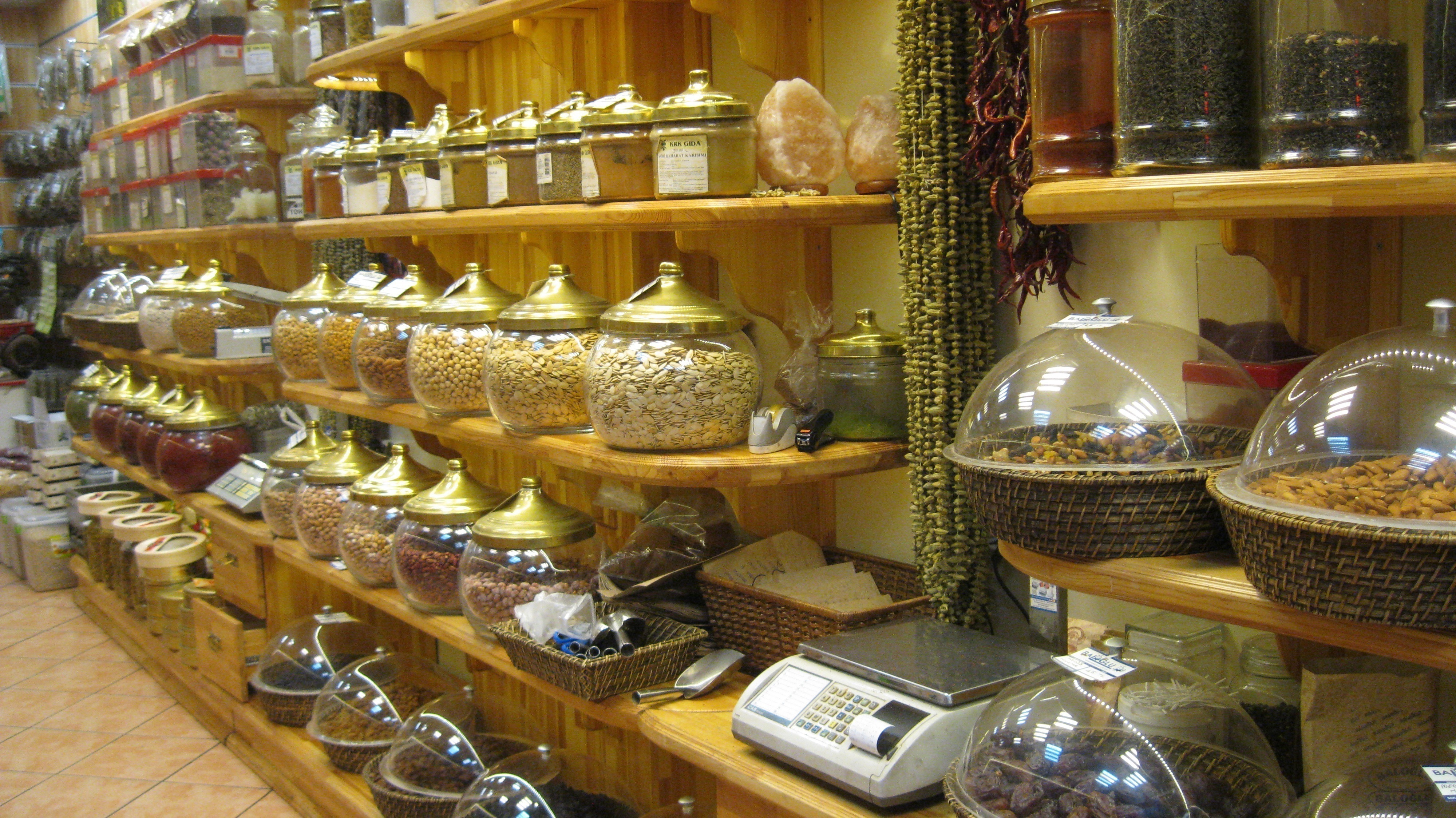
Ayhan is a font of knowledge about herbs and health. Do yourself a favour and visit his shop next time you’re in Kadıköy. Like many Turks, Ayhan understands more English than he can speak, but he is always happy to help.
This piece first appeared in Lale, Magazine of the International Women of Istanbul, 05, May, 2014
If what you’ve read has tempted you to try some Turkish cooking, I can highly recommend Ozlem’s Turkish Table or Robyn Eckhardt’s Istanbul & Beyond Exploring the Diverse Cuisines of Turkey with it’s clear and easy to follow instructions.
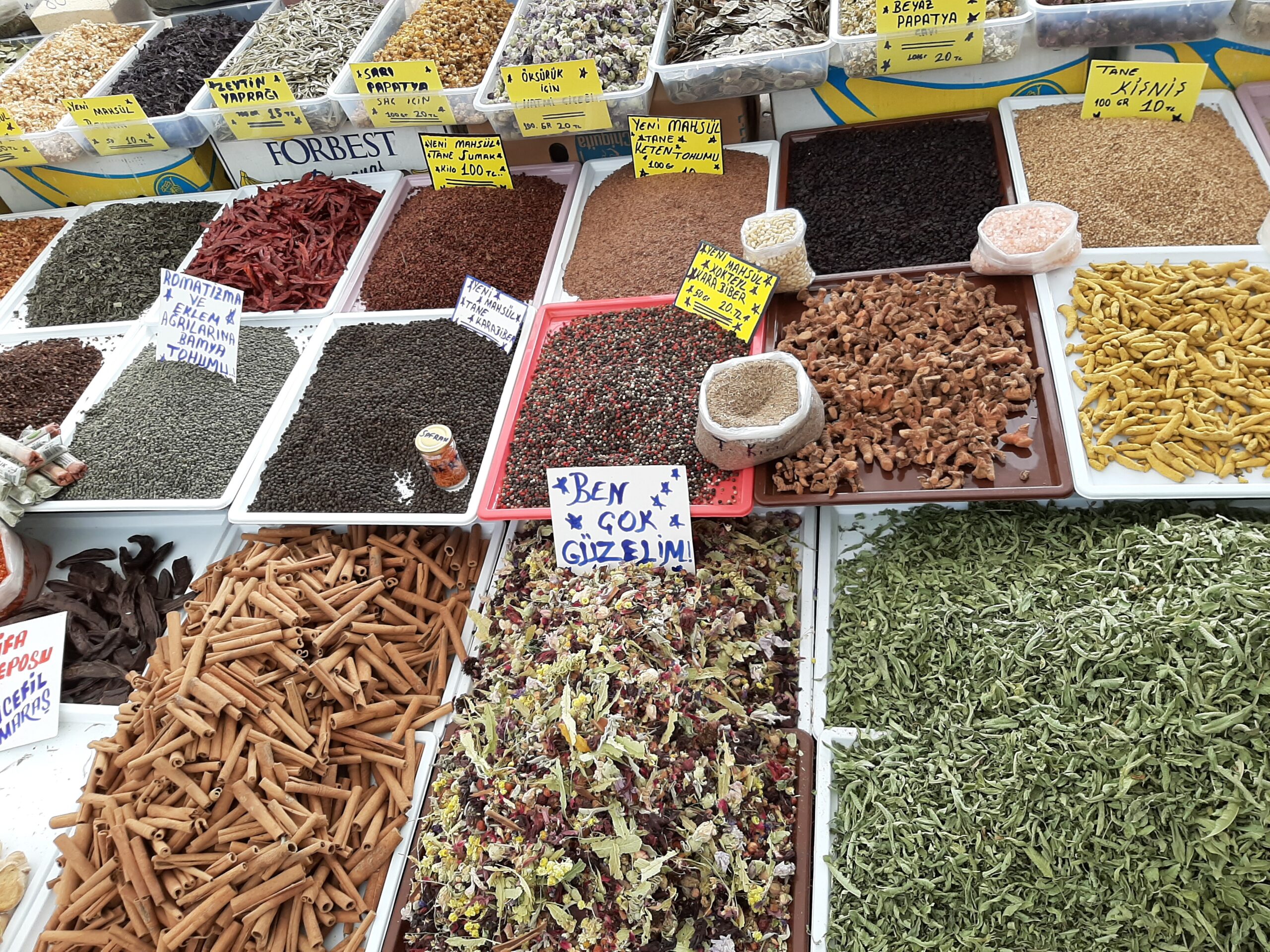
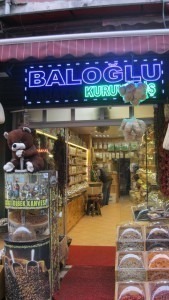
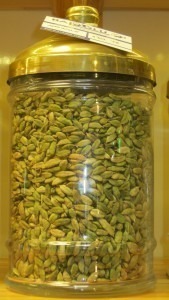



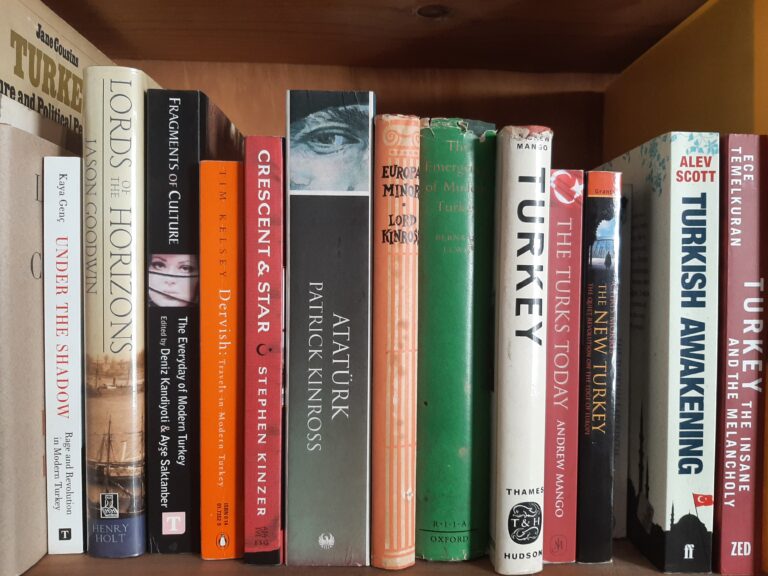
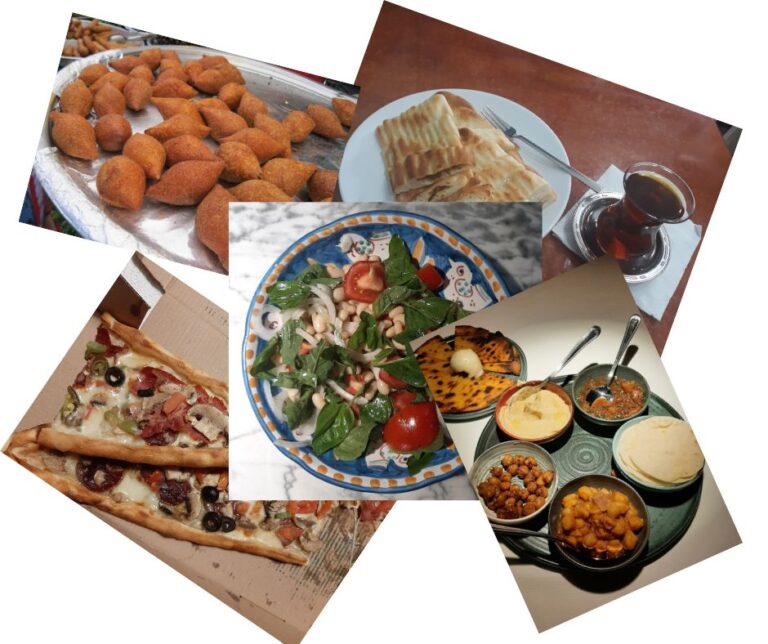
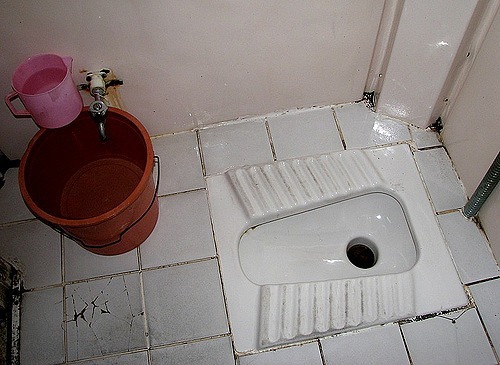

A lovely post. I’ve been subscribing to the Anglo/Turkish magazine “Cornucopia” for more than twenty years now. Every issue has a food and recipe section based around a feature ingredient and it is noticeable how few ingredients many of the recipes have compared to many other “exotic” cuisines . And I loved A Touch of Spice – still can see those amazing expanding panorama shots of Istanbul and Athens.
Thank you for letting me know you thought my post was lovely. It was really fun (but hard at the time) to interview my local aktar in Turkish. I saw him last week and he is doing well. Cornucopia is a lovely magazine, isn’t it? Sort of like a wish list for the best of everything to do and see in Istanbul.
I would like to share one of my memory about spices ;
When I was at Erciyes University as a student of Liza, I had a toothache and Liza offered me a spice but couldn’t remembered its name very distinctly. Liza said it might be “Zencefil” and I tried it, sure didn’t helped 🙂 Because the real cure was in “Karanfil” . I learnt that soon.
Sure if I had mentioned about my toothache to Aktar(Lokman Hekim),he would offer me Karanfil.
Not just for our kitchen but also for our health they are indispensable for us. They work similar to pharmacies. It is not complicated as modern medicine ,each complain is mapped to a herb or suchlike stuff.
Thanks Davut. I’m much better at Turkish now!
I’m sure. Because you live it.
Hi Lisa! I completely agree with Ayhan: not many Turkish housewives know about the amazing wealth of stuff that you can buy at a neighbourhood aktar. I love those shops, they are absolutely wonderful! In my opinion very few interesting herbs and spices are used on a daily basis. You mention turmeric: I doubt very many local ladies have ever used it. The common ones are red pepper flakes, kimyon or cumin, and a mere handful of others. Herbwise, it is the few who go beyond the common parsely, dill and mint. Strange, isn’t it? Thanks for your lovely post!
Hi Claudia,
Thanks for your comment. It is very interesting the way Turkish food stays so regional, isn’t it? And such an adventure finding out what you can do once you discover a good aktar. Happy cooking and reading.
Lisa